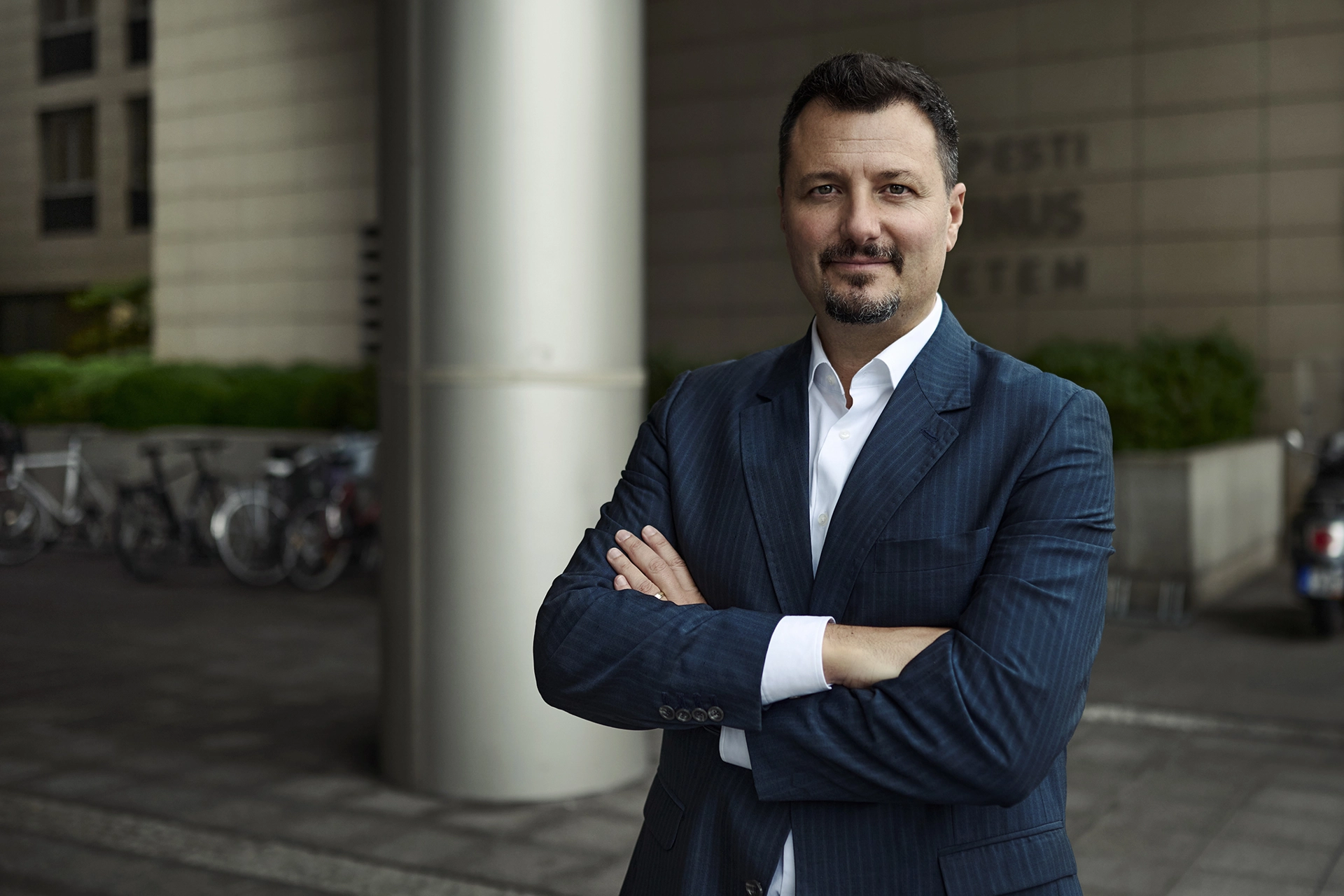
Original article in German: Energate Messenger Schweiz
In general, 2023 was a good year from a European energy market perspective – the positive developments clearly outweighed the negative ones. In particular, there were three areas in 2023 with a positive development: security of supply, price stability, and profitability.
As for security of supply, the very challenging situation we saw in 2022 has much improved. Overall, the gas crisis is over. Europe coped well with the situation and managed to find additional sources of natural gas. Also, new LNG regasification and interconnector capacities were commissioned. This is good news for Switzerland too. Security of supply was also boosted by the fact that we saw a clear reduction of gas consumption in 2023. According to MET Group’s analysis, it was between 10% and 15% on a European scale, without temperature effect. This is less good for our industry, but definitely positive for the European economy as a whole.
In 2023 a certain degree of price stability has been achieved, price spikes were not as high as in 2022. Although prices are still higher than before 2022, the current level is more or less bearable for large parts of the European economy – it is far from being as insane as in 2022 when European businesses paid an extra cost of hundreds of billions of Euros just for natural gas, and power prices were also disastrous from a customer perspective. Even though the situation has much improved, the price level is still way too high for many families and households in Europe, so support for them needs to continue, in a way that does not disrupt the market.
In this challenging but less turbulent market environment, many energy companies experienced a year with good profits, which laid the foundation for these companies to be able to cope with future challenges. The energy transition will continue, and financially strong energy companies are needed to tackle this.
Even though 2023 can be summarized as a positive year, there are quite some challenges ahead for 2024 and beyond. I often refer to these as the "Trinity Challenge" because there are three major issues in this context that are inextricably linked. The core question is how to create a new energy market that guarantees security of supply, ensures the expansion of renewable energies in a way that the economy and society are not confronted with escalating costs - and, last but not least, creates the conditions for Europe's competitiveness.
While there are still at most a few regional challenges to overcome in the short term with regard to a secure supply of natural gas, I still see several question marks when it comes to the electricity supply, for instance with regards to the balancing and capacity markets. The problem here is not of a technical nature; there are already enough solutions available today. Therefore, policy-makers are under pressure to finally set the rules and make sure that Europe will always have enough electricity, no matter what.
The further expansion of renewable energies will remain an ongoing exercise for all of us on the road to the energy future. The green transition is pretty much on track in Europe, happening at a good speed, and finally it is no longer a topic people just talk about in fine Sunday speeches. Pragmatism and realism have gained the upper hand and that is positive.
However, the biggest challenge is definitely the question of the competitiveness of our continent as a whole – and energy topics play a central role here. Europe has lost ground compared to other continents, and this is pretty worrying in an increasingly fragmented world. This makes well thought-out long-term regulation all the more important in this context. Europe also needs financially strong, highly competitive players on the global energy market. Without them, it is hard to imagine a strong Europe.
